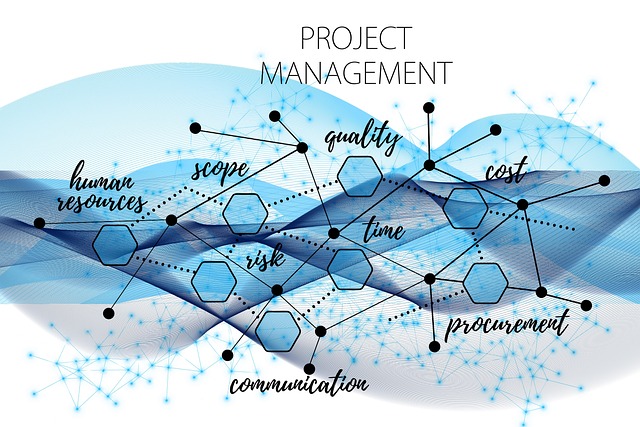Efficient repair coordination in real estate involves digital technology for swift assessment and execution, structured workflows with reliable service providers, and transparent communication with tenants, enhancing property reputation and tenant satisfaction. Effective dispute resolution techniques, including active listening, clear documentation, and prompt action, maintain professionalism, soothe tensions, and turn potential issues into growth opportunities. Client satisfaction is crucial during repair processes; efficient dispute resolution strengthens relationships and enhances business reputation through structured conflict management processes.
In the dynamic realm of real estate, efficient repair coordination and prompt dispute resolution are cornerstone practices for agents aiming to foster client satisfaction. This article delves into an optimized repair process tailored for real estate professionals, highlighting best practices for managing disputes swiftly and effectively. By implementing streamlined strategies, agents can enhance their service, build stronger relationships with clients, and ultimately thrive in a competitive market.
Efficient Repair Coordination Process in Real Estate

In the dynamic landscape of real estate, efficient repair coordination is paramount for maintaining property values and tenant satisfaction. A streamlined process ensures that maintenance requests are promptly assessed, prioritized, and executed, minimizing downtime and maximizing occupancy rates. This involves a well-defined system where property managers or owners collaborate with reliable service providers to create a structured workflow.
By digitalizing the coordination process, real estate professionals can effectively track repairs, manage budgets, and communicate transparently with tenants. Advanced technology platforms allow for easy reporting of issues, real-time updates on progress, and efficient dispute resolution. This not only enhances tenant experience but also fosters a positive reputation for the property, attracting and retaining long-term residents in a competitive market.
Prompt Dispute Resolution: Best Practices for Agents

In the fast-paced world of real estate, prompt dispute resolution is paramount to maintaining client satisfaction and safeguarding professional reputation. When conflicts arise, agents should aim for swift and fair resolutions. The key practices include active listening to understand both parties’ perspectives, documenting all communications clearly, and staying calm under pressure. Prompt action demonstrates professionalism and de-escalates tensions, fostering a positive relationship with clients.
Effective dispute resolution involves offering multiple communication channels, being transparent about timelines, and proposing mutually beneficial solutions. Real Estate agents should also be well-versed in relevant laws and regulations to ensure fair practices. By handling disputes efficiently, agents can turn potential negative experiences into opportunities for growth and stronger client connections.
Streamlining Disputes: A Key to Client Satisfaction

In the dynamic realm of real estate, client satisfaction is paramount. One of the most significant factors in maintaining strong client relationships is efficient dispute resolution. When issues arise during repairs, prompt and streamlined handling is essential to preserve trust and ensure client retention.
Efficient dispute management means addressing concerns quickly, providing transparent communication, and offering practical solutions. By implementing structured processes for resolving conflicts, real estate businesses can enhance their reputation and foster long-term partnerships with clients. This proactive approach contributes to a harmonious relationship, where repairs are not just completed but also serve as an opportunity to strengthen the bond between the property manager and the customer.






